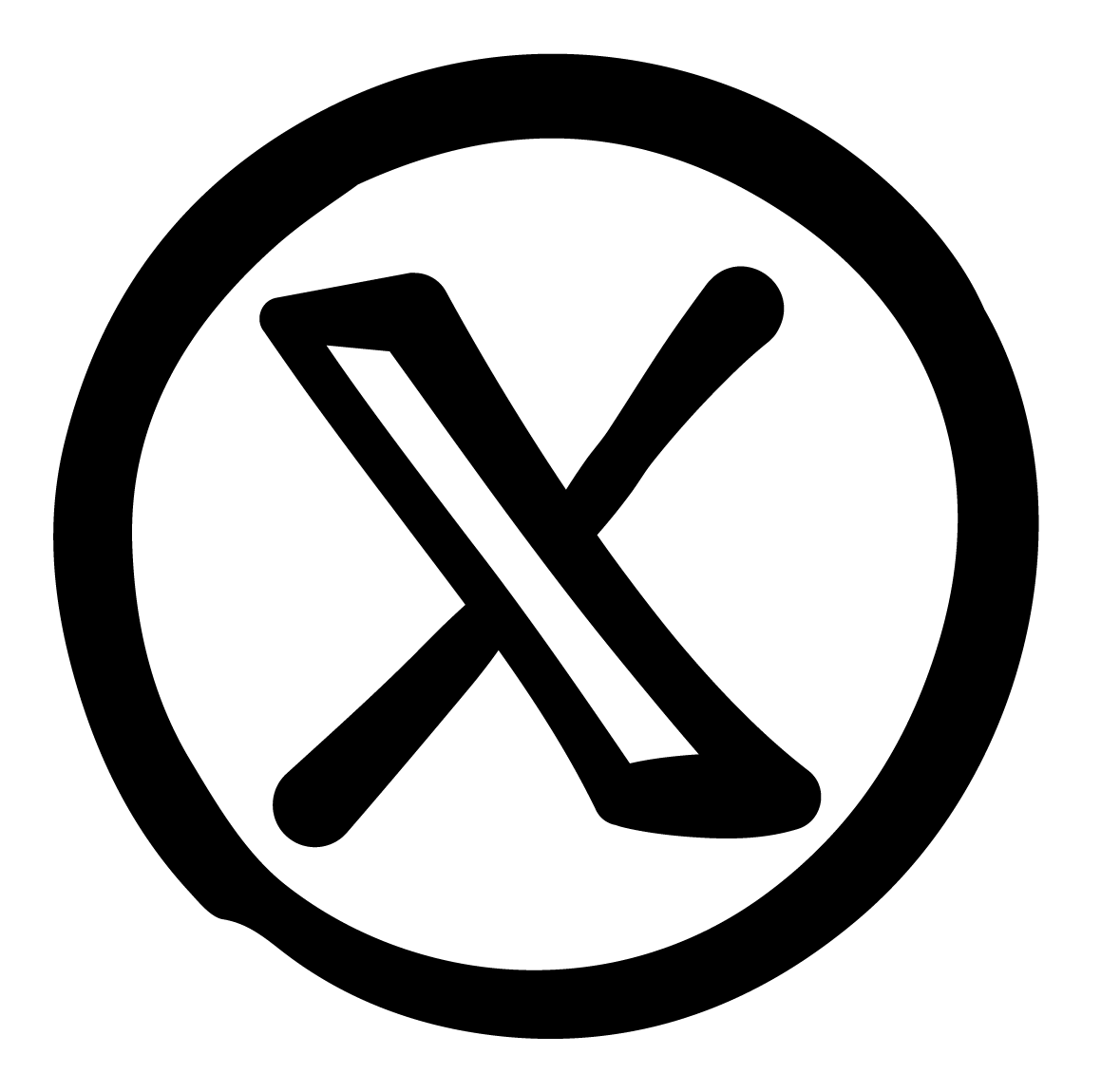Turning 16 in the 21st century
 Over the next year, all Child of the New Century (CNC) study members will be turning 16, marking a big milestone in your lives.
Over the next year, all Child of the New Century (CNC) study members will be turning 16, marking a big milestone in your lives.
What does turning 16 mean?
At 16, you’ll be well on your way to becoming an adult.
Among other important things, once you turn 16 you can choose whether to stay on at school or college, start an apprenticeship or training, or get a job. If you’re in work, you’ll be entitled to a minimum wage for your age, and you are old enough to join a trade union.
You’ll be able to apply for your own passport, you can join the army, and you can also get married or register a civil partnership (with your parent or guardian’s consent!).
At 16 you’re also able to buy lottery tickets or own a pet. And after your 16th birthday, you’re old enough for a range of transport – you can ride a moped, a tractor or even fly a glider!
Turning 16 in the 1980s
Many of your parents were teenagers in the 1980s. We look after another study of a generation born in 1970, who turned 16 in 1986. So what was life like for a 16-year-old in the 1980s?
The first mobile phone call in the UK was made in 1985, and in 1986 only the very rich could afford one. They were huge and needed a battery pack the size of 2 bricks! Study members weren’t even asked about mobile phones in 1986 – now over 90% of 16-year-olds own one. A lot can change in 30 years!
There was no internet for most of the 1980s – the World Wide Web did not arrive until 1989, invented by Briton Sir Tim Berners-Lee. Email existed, but it was only used by some universities and the US military. Social media was only a dream.
What else happened in the 1980s?
- Britain and France agreed to build the Channel Tunnel.
- A nuclear reactor exploded in Chernobyl, then part of the USSR but now in Ukraine.
- England were knocked out of the World Cup by Argentina’s ‘Hand of God’ goal.
- GCSE exams replaced O-levels and CSEs in England and Wales.
- The Falklands War with Argentina lasted for 10 weeks in 1982.
- Canada gained independence from the UK in 1982.
- Margaret Thatcher was the Prime Minister of the UK for the whole of the 1980s.
- The world’s first ever surrogate pregnancy was successful in the USA.
- MTV was launched.
- Michael Jackson showcased his famous Moon Walk.
- The Simpsons first season was released in December 1989.
- The Rubik’s Cube was released worldwide.
Your teenage years matter
By following you throughout your lives, we can uncover how your teenage years matter to your adult lives. For example, we know that the 1970 study members who read in their spare time (not for school) at age 16 not only did better at maths and vocabulary tests than those who didn’t read at all, they still had better vocabulary at age 42!





 Back to news listing
Back to news listing